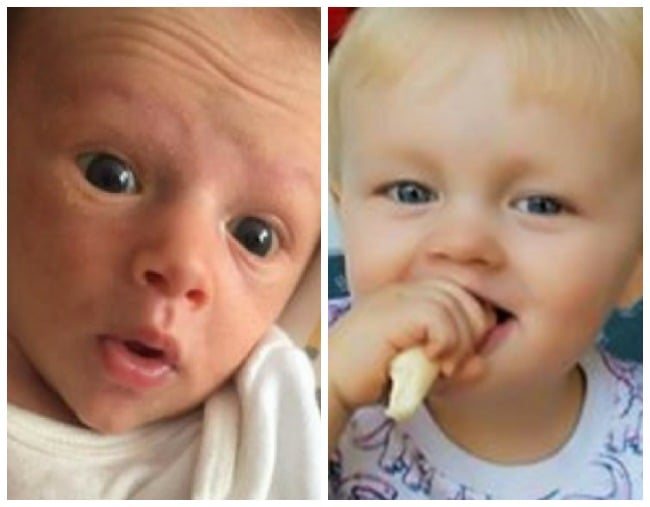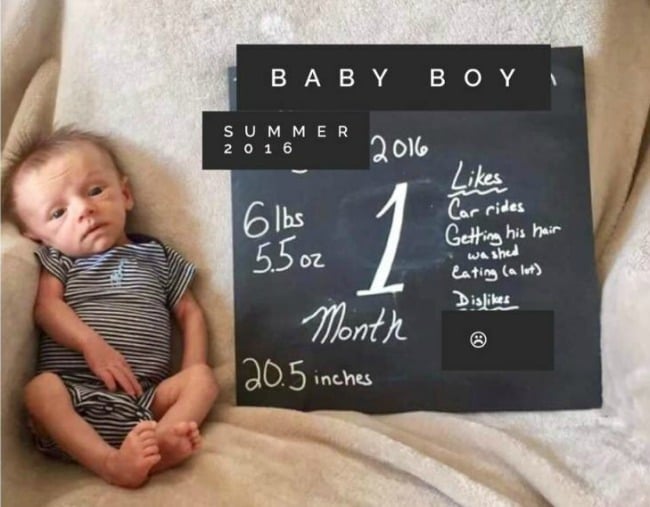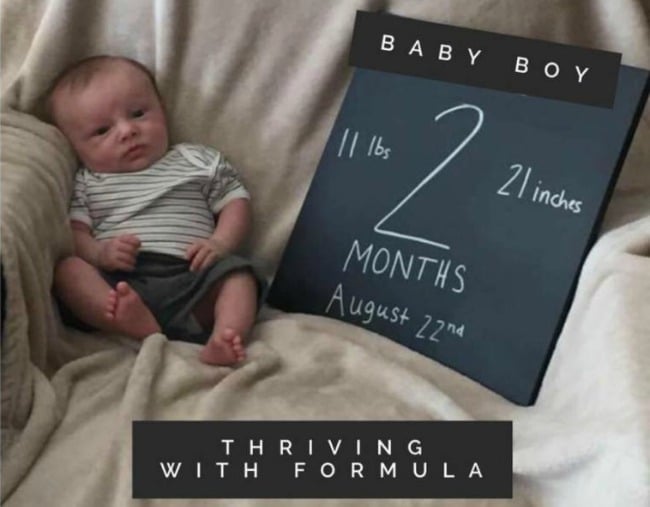
Content warning: This post may be triggering for some readers. If you need help, please reach out to PANDA or Lifeline.
One year ago, Mandy Dukovan wrote about how she accidentally starved her baby for almost two months after he was born. She was convinced she had to breastfeed her baby, no matter how hard it was, and sensed the stigma around bottle feeding. Now, she writes about the online abuse she received after she shared her story, and what she’s learned.
It’s incredibly hard to put into words all the things that The Fed Is Best Foundation has done for me the past year. I happened to stumble upon the Foundation when I noticed a friend of mine “liked” one of their blog posts. I was a first-time mum who was struggling with many different feelings, and wasn’t sure who or where to turn to. My son was two months at the time, and was just beginning to thrive after I had begun to supplement him with formula. While I was so happy to see my baby finally gaining weight and thriving, I had haunting memories and raw emotions that I was struggling to sort out. I had immense guilt that I didn’t see the signs that my baby was hungry, which tortured me non-stop. I was embarrassed that I could look at his one
-month picture and now see that he was obviously malnourished, but how on earth did I miss this at the time?
I was angry that I didn’t follow my own instincts that something was wrong with him and was angry that I believed all the terrible things I was told from lactivists that would happen to him, if I gave him a drop of formula. I worried that we would not have the kind of bond that babies who were exclusively breastfed (EBF) experienced with their mothers. I now know that our bond is so much stronger because we bottle-fed him and no longer experienced the immense stress that came each time I tried to breastfeed my baby. I got to a point where I dreaded even trying to breastfeed him, but I was told that was the best thing I could do for my baby, so I kept going, at the expense of my baby’s health and my well-being. I honestly believed I was the only mother who had experienced what we went through because I only heard the stories about how amazing and natural breastfeeding was and every mother could breastfeed if only she tried hard enough.



Top Comments
Wow, I think it's a excuse your body produces enough milk you women just stick yourself on diets and wonder why u your milk is poor quality, I breaustfed my 3 kids till they were between 2 &3
I starved my baby for 5 long weeks. I wasn’t making enough milk but I was determined that she wouldn’t have the dreaded formula.
Breast feeding was the worst pain I’ve ever endured. There was nothing nice about it. I dreaded my baby waking up because she would have to feed again from my bleeding nipples.
My lovely health visitor was worried but tried to be supportive. Have you thought about formula. She would say. No. I don’t want to. I’d reply. She referred me to my GP in the end and she made me feed my baby.
She started formula that day. I fed her first on me then topped her up. By week 6 she thrived at last. Finally her face was round again. My milk dried up by month three and I finally started enjoying my baby. Those first three months were hell.
Always feed your baby. I don’t care what you feed them. But make sure they thrive.